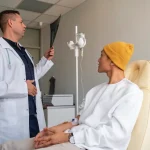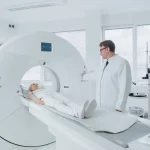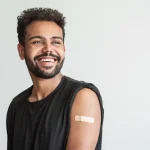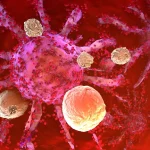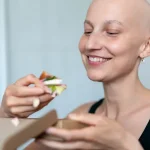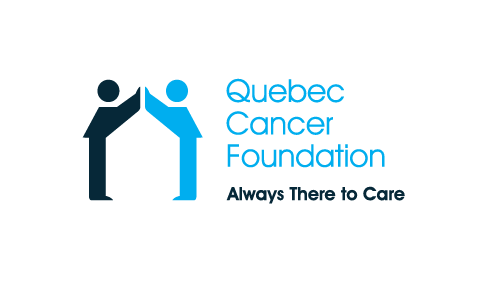For any questions:
Last update : June 2015
Helpful tips for the upcoming meeting
- Prepare yourself by carefully observing the symptoms that you experience: where do you feel this discomfort, what sets it off, when does it appear?
- Write down your questions and concerns in advance
- Give your own ideas about the nature and the cause of the problem and the feelings and fears it creates in you
- Clarify your questions
- Take notes
- Bring a list of any medicine you take
- Have someone accompany you and ask them to take notes
- Summarize what you have understood and don’t be embarrassed to say so when you don’t understand or if you disagree. Don’t hesitate to ask your doctor to repeat, to use simpler terms, or to provide you with references or documents clearly explaining the tests or treatments you have to undergo.
- Make sure you understand the steps in the proposed plan; reach an agreement by the end of the interview.
- Let your doctor know early in the interview if he will have documents to fill out or prescriptions to renew.
- Call the Info-Cancer Line (1-800-363-0063) to help you prepare your meeting.
- Don’t forget to bring your health card and your Oncology Passport if you already have been given one, or order one now.
What you can expect from the doctor
- Maturity, respect, and clear explanations.
- Answers to relevant questions related to the field of medicine.
What one can’t expect from the doctor
- To conduct the medical interview like a friendly conversation; it is structured to use the time available in the best possible way
- That the doctor can guess what you do not say
- That the doctor is never exhausted, sick or preoccupied
Call the Info-Cancer Line (1-800-363-0063) to talk to one of our specialized oncology nurses.
Info-cancer
Need information, a listening ear, resources and to share?
Our Info-cancer staff is there to:
- Answer your questions;
- Refer you to resources in your area;
- Provide you with useful documentation;
- Put you in touch with someone who has gone through the same ordeal, whether you or a loved one.
Borrow one or more books on the subject for free:
Monday to Friday, from 9 am to 5 pm
1-800-363-0063 (free of charge) | infocancer@fqc.qc.ca












